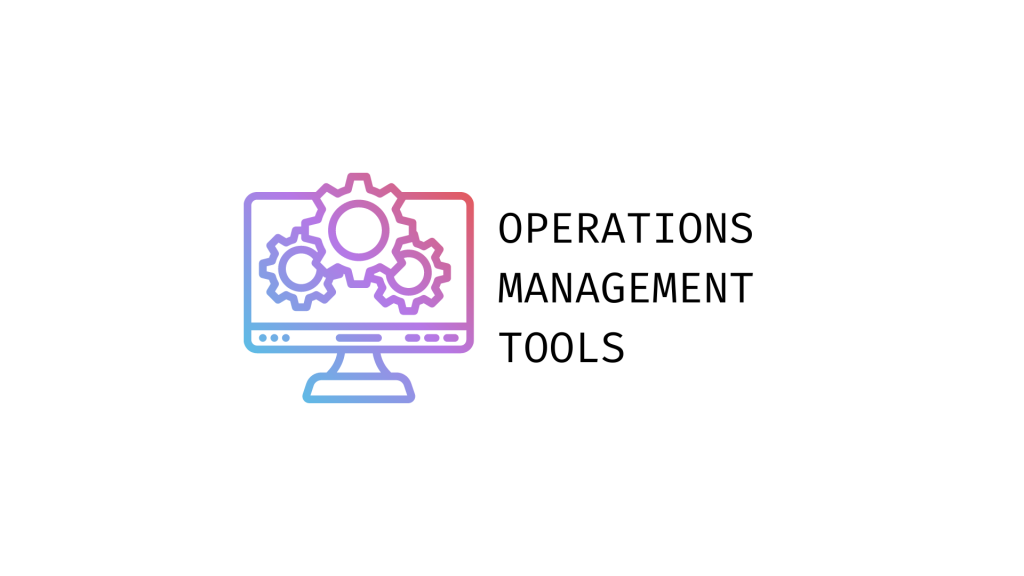
Are you curious about the world of IT operations tools? Do you want to know how they work and what they can do for your business? Look no further! In this article, we’ll explore the ins and outs of IT operations tools, including their benefits, features, and real-world applications.
The Basics of IT Operations Tools
First things first, let’s define what we mean by IT operations tools. These are software applications designed to monitor, manage, and optimize the performance of IT systems and infrastructure. They can be used for a wide range of tasks, from tracking network traffic and server uptime to automating routine maintenance tasks and troubleshooting technical issues.
Some common examples of IT operations tools include:
- Network monitoring software
- Server management software
- Backup and recovery software
- Performance analytics tools
- Configuration management software
- Incident management tools
Each of these tools has its own unique features and capabilities, but they all share a common goal: to help businesses operate their IT systems more efficiently and effectively.
The Benefits of IT Operations Tools
So, why should you invest in IT operations tools for your business? Here are just a few of the benefits you can expect:
Improved reliability and uptime
By using IT operations tools to monitor your systems and infrastructure, you can catch potential issues before they become major problems. This can help you avoid downtime and keep your business running smoothly.
Increased efficiency and productivity
Automating routine tasks and processes can free up your IT staff to focus on more strategic initiatives. This can help you get more done in less time and improve overall productivity.
Better visibility and control
IT operations tools give you a bird’s-eye view of your entire IT landscape, allowing you to identify trends, patterns, and potential issues that might otherwise go unnoticed. This can help you make more informed decisions and take proactive steps to improve your systems.
Cost savings
By optimizing your IT systems and infrastructure, you can reduce the amount of time and resources required to manage them. This can lead to significant cost savings over time.
Real-World Applications of IT Operations Tools
Now that we’ve covered the basics and benefits of IT operations tools, let’s take a look at some real-world examples of how they are used in different industries:
Healthcare
In the healthcare industry, IT operations tools are used to monitor and manage complex medical systems such as electronic health records (EHRs) and medical imaging equipment. These tools help ensure that patient data is accurate and secure, and that medical equipment is functioning properly.
Finance
In the finance industry, IT operations tools are used to monitor and manage critical financial systems such as trading platforms and payment processing systems. These tools help ensure that transactions are processed quickly and accurately, and that sensitive financial data is secure.
Retail
In the retail industry, IT operations tools are used to manage inventory, track customer data, and optimize online shopping experiences. These tools help retailers stay competitive in a fast-paced market by providing real-time insights into customer behavior and preferences.
Wrapping Up
IT operations tools are an essential part of modern business operations. Whether you’re a healthcare provider, a financial institution, or a retailer, these tools can help you improve efficiency, productivity, and reliability across your entire IT landscape. So why wait? Start exploring your options today and see how IT operations tools can help take your business to the next level!
Email- contact@devopsschool.com

 Starting: 1st of Every Month
Starting: 1st of Every Month  +91 8409492687
+91 8409492687  Contact@DevOpsSchool.com
Contact@DevOpsSchool.com
